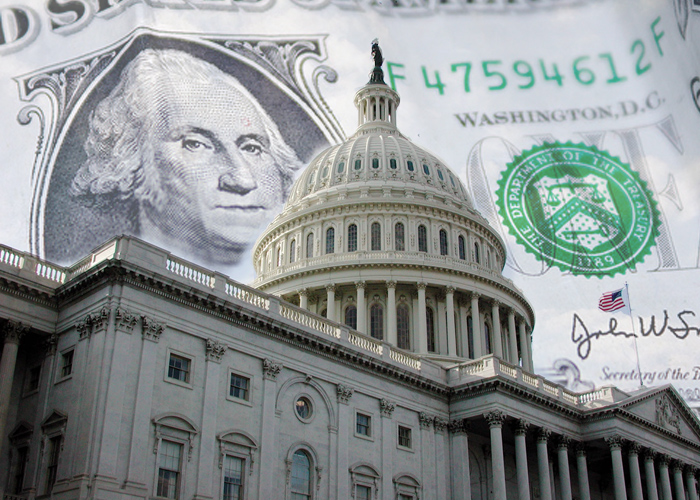Super PACs are loosely regulated independent organizations that can accept UNLIMITED contributions directly from corporations, unions, and wealthy individuals. The groups can then use as much of that money as they want to buy political ads that support a particular candidate - usually in the form of attacks against that candidate's opponent - as long as the money is spent independently of the candidate's campaign.
Super PACs open the floodgates to what is being considered the biggest wave of unlimited corporate spending and influence ever seen in the American political system. While there are still strict contribution limits for giving directly to a candidate or a political party, the super PAC pretty much allows wealthy people and organizations - aka special interests - to get around existing spending rules so as to significantly influence the outcome of elections. Super PACs are popping up like weeds, and the big one's are almost all generously funded by a very small number of super wealthy Americans and corporations. And while the groups do have to eventually disclose who their donors are, they can delay doing so for long periods of time, often until after the election.
Everyone's doing it!
All the current Republican candidates in this election have active Super PACs working on their behalf, with intentionally vague names that bear no mention to a candidate. For instance, the biggest super PAC, which supports Mitt Romney, is simply called Restore Our Future. It's already raised more than $30 million and spent over half of that. In Iowa, before the caucus vote there, the group saturated the local airwaves with millions of dollars of attack ads aimed primarily at Newt Gingrich, the initial front runner. In the end, Gingrich came in fourth place in Iowa. Check out a selection of Restore our Future's many attack ads here (NY Times).
There are currently 318 super PACs, according to the Center for Responsive Politics. They've collectively raised close to $100 million almost half that amount already (with eight months remaining the general election!). Even President Obama, who spoke out strongly against Super PACs when they were first allowed, just announced that he's encouraging his supporters to form one and start raising money for it.
Fuzzy rules
So what's the catch? The only major stipulation is that the super PACs are not allowed to "coordinate" with the candidates or campaigns they're helping out. It's a pretty fuzzy line, though, because a candidate can still help raise money for a super PAC, as long as he doesn't tell it what to do with the money. And in almost all circumstance, super PACs are run by the same people who have spent years working for the candidate. Yet, because of the required disconnect, candidates can remain completely unaccountable when one of their Super PACs produces an attack that presents potentially false information about a rival.
Some fun interactive resources
